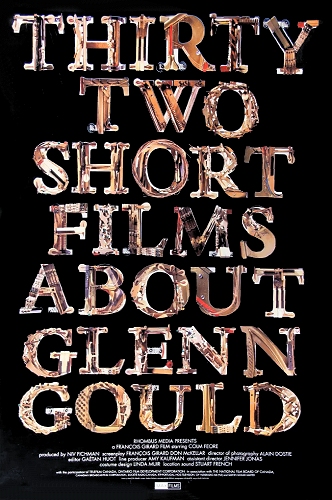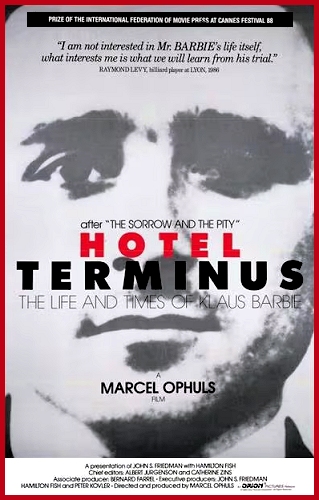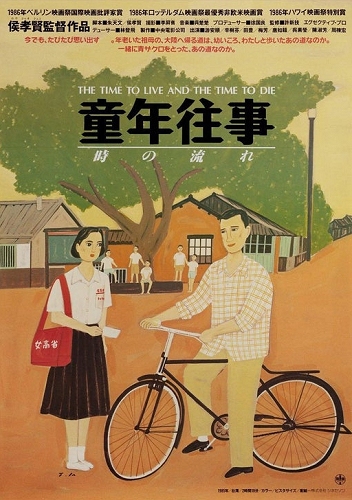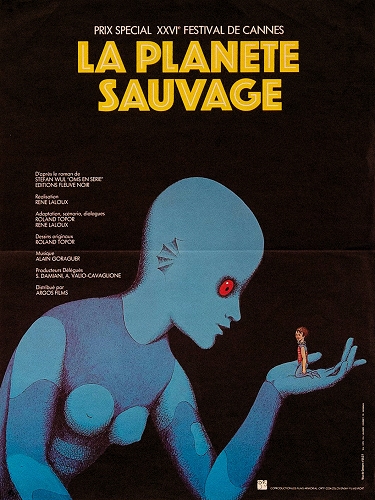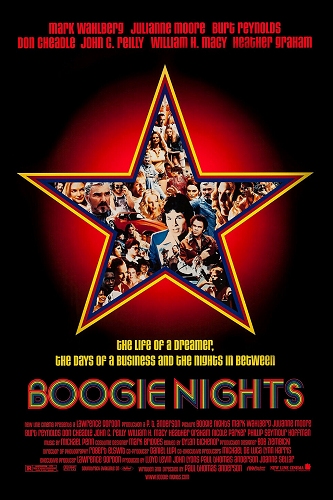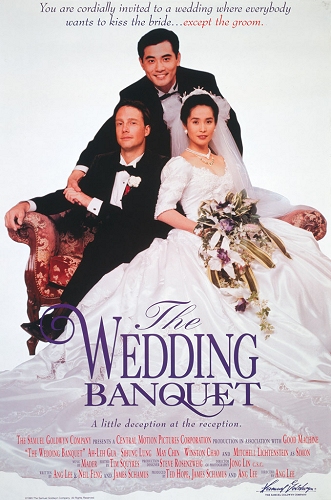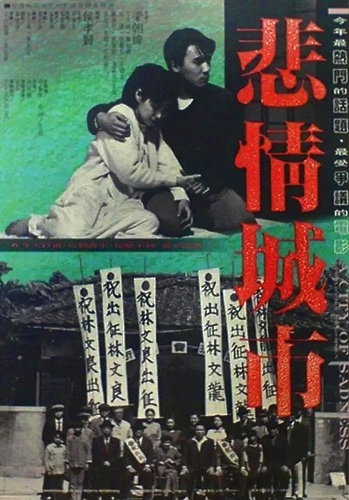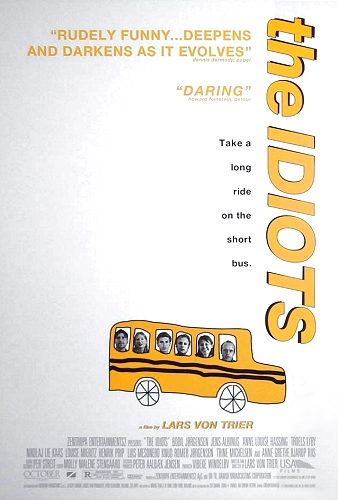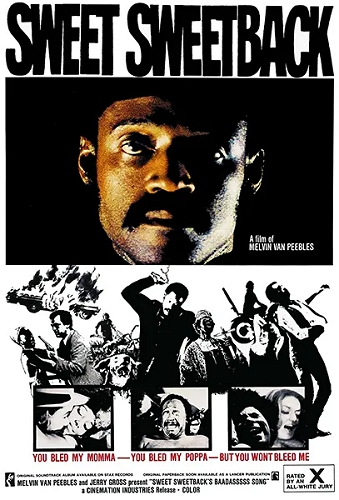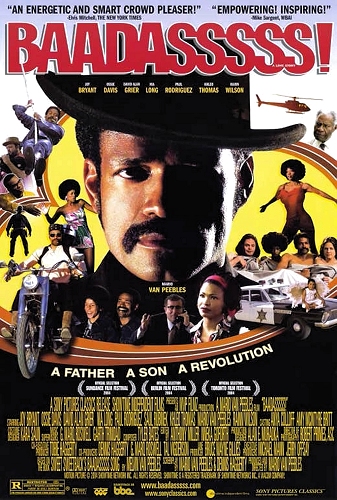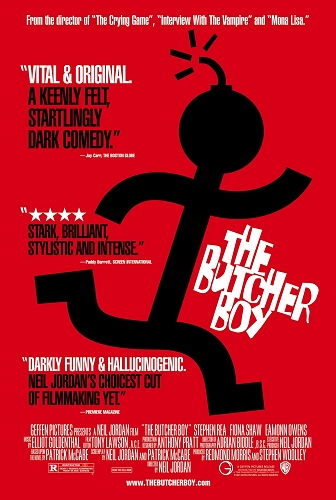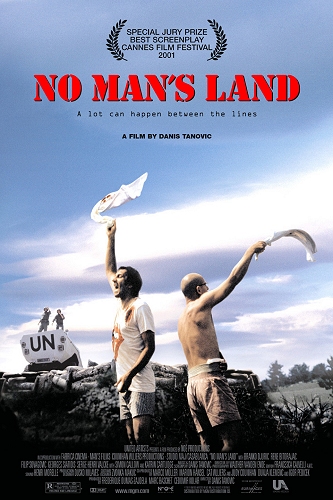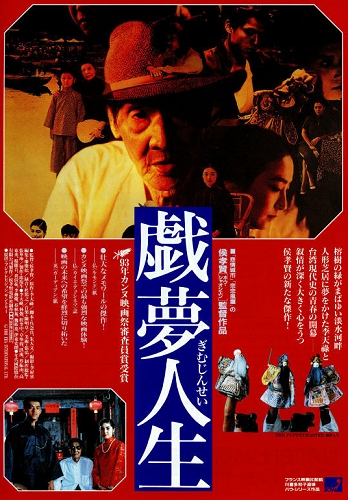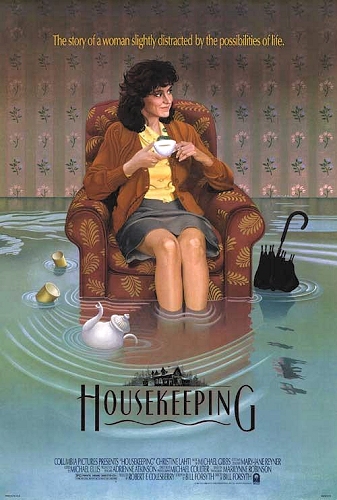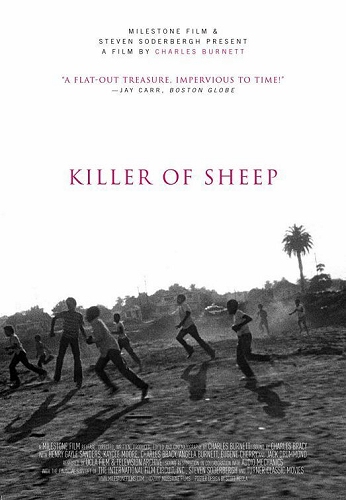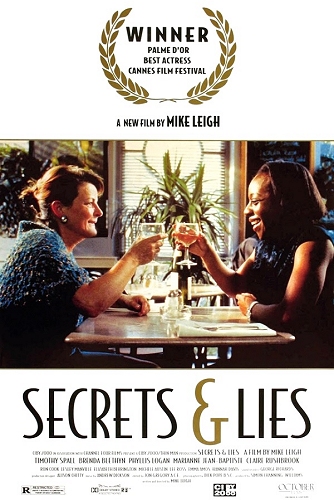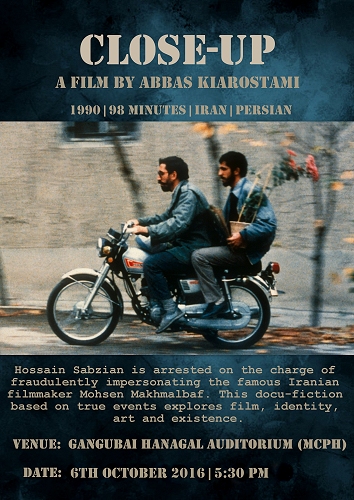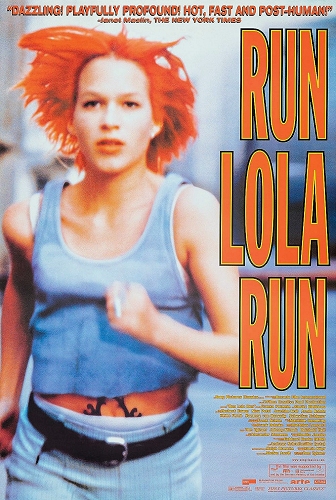Sweet Sweetback's Baadasssss Song (1971)
Director: Melvin Van Peebles
Country: United States
Length: 97 minutes
Type: Blaxploitation, Drama
Respect for this spearheading a whole new explosive genre of film (
Blaxploitation), for taking so many risks (artistic and financial), breaking censorship taboos and serving an underserved audience with the anti-establishment action they were craving but it’s not very good. I like the idea of the film more than the actual film. Some of the actors, especially the Police Captain, are terrible, the sound is rough and the experimental
throw-the-negative-in-a-wood-chipper editing made my head hurt. Although the scene where Sweetback challenges a female Hell’s Angel biker leader to a
“f**k off” was amazing! The BFI DVD I watched had most of the intro censored with black screens because it’s got Director
Melvin Van Peebles’ teenage son Mario doing a sex scene. Apparently Melvin got comp money from the Director’s Guild for curing the gonorrhoea he caught filming the other unsimulated sex scenes, money he used to fund the rest of the film! Thanks Melvin for creating the thrilling Blaxploitation genre and changing the face of American cinema in the 70s but I’m off to watch
‘Shaft’,
‘Coffy’ and
‘The Black Godfather’ a few more times, instead of ever watching this again.
I'd been waiting to get hold of a copy of Mario Van Peebles' "making of" biopic so I could watch father and sons work back-to-back...
Baadasssss! (2003)
'Baadasssss!' ranks alongside other excellent biopic/making-of combos like
'Ed Wood',
'The Disaster Artist' and
'Dolemite Is My Name', which are about other "outsider artists" making their dream film, where the rough qualities of the finished product are secondary to the positive free-spirited way in which the creatives pursue their art. Director/star/writer/producer
Mario Van Peebles makes this a loving, heroic and admiring tribute to his father Melvin but he also doesn't hold back on the criticism. His portrayal of his dad shows him as a less than perfect father and doesn't skirt around the questionable things he subjected young Mario to in making
'Sweet Sweetback's Baadasssss Song'. The in-camera mirror transition that Mario does early on is one of the single greatest moments in all of cinema. I wish I liked the actual Sweetback movie, as much as I loved this depiction of it being made. The dedication at the end to
Bill Cosby doesn't work quite as well twenty years later. If you can find a copy of the BFI DVD then definitely give this one a watch.
